CREATE relies on the expertise of those active in the disability community to guide our work to improve accessibility. We are always looking to connect our researchers, faculty, and students with organizations interested in sharing their knowledge, expertise, and lived experiences.
CREATE’s robust partnerships with the community touch all stages of our work:
- Listening to the needs of those with lived experience to identify future projects
- Collaborating with impacted communities during the research process
- Gathering feedback from users when that research is translated into real-world applications
How we steward community partnerships
CREATE strives to support the missions of our community partners in ways meaningful to the goals of each individual organization. This support can take many forms including, but not limited to, advice on accessible technology, subject-matter expertise, and special invitations to a wide variety of events.
To provide guidance for students and early career researchers in their interactions with the community, we have clear engagement protocols and a Community Engagement and Partnerships Manager to steward productive relationships.
Contact the Community Engagement and Partnerships Manager
Frequent check-ins and feedback checkpoints help ensure that the voices of the community are authentically represented and provide opportunities for continual improvement.
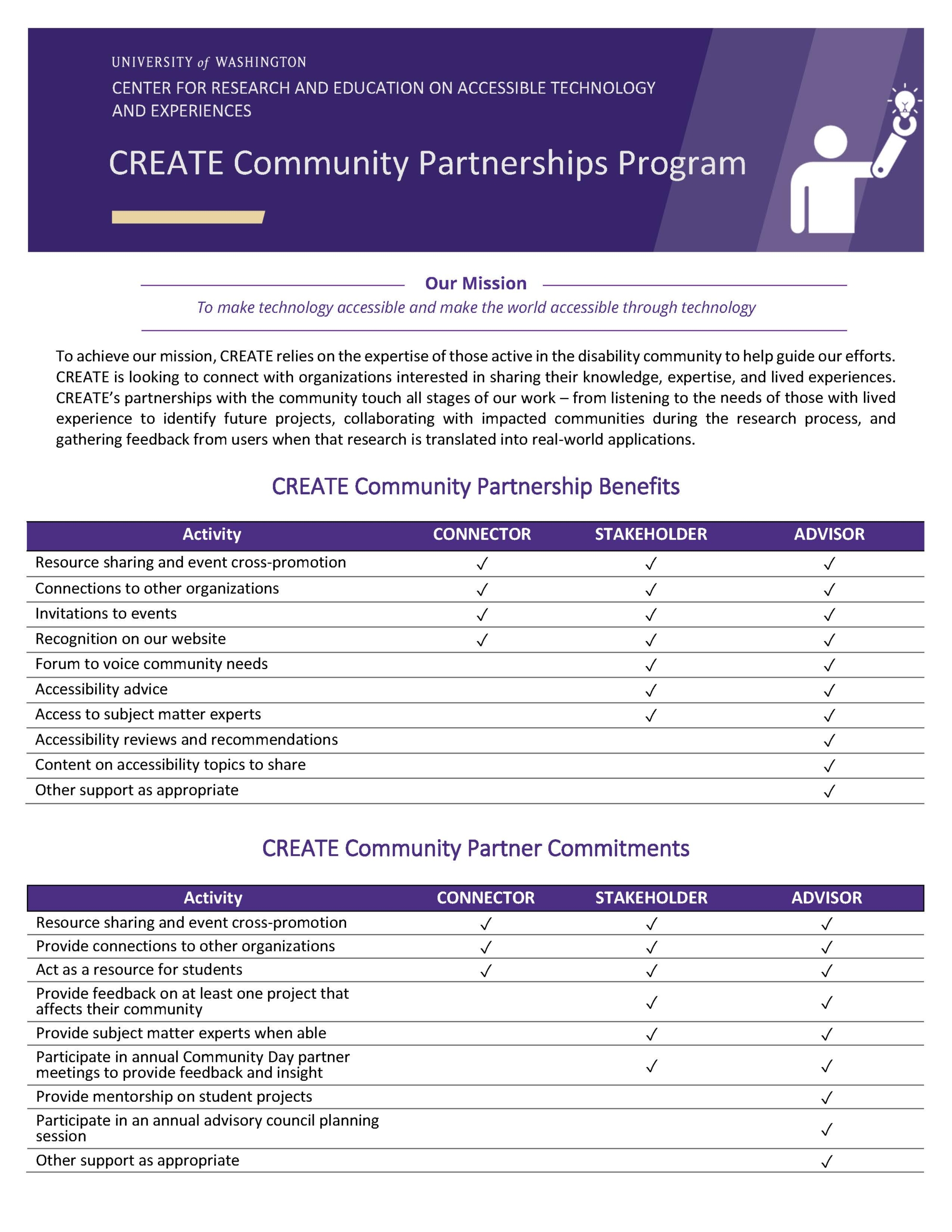
Community Partnership guide (PDF) with the benefits of and commitments for community partnerships.
Benefits: CREATE community partnership
We have three levels of engagement for community partners:
Connector
- Resource sharing and event cross-promotion
- Connections to other organizations
- Invitations to events
- Recognition on our website
Stakeholder
All benefits from the Connector level, plus:
- Forum to voice community needs
- Accessibility advice
- Access to subject matter experts
Advisor
All benefits from the Connector and Stakeholder levels, plus:
- Accessibility reviews and recommendations
- Content on accessibility topics to share
- Other support as appropriate
Commitments: CREATE community partnerships
We request that our community partners commit to the following forms of collaboration with CREATE:
Connector
- Share resources and cross-promote events
- Provide connections to other organizations
- Act as a resource for students
Stakeholder
All commitments from the Connector level, plus:
- Provide feedback on at least one project that affects their community
- Provide subject matter experts when able
- Participate in annual Community Day partner meetings to provide feedback and insight
Advisor
All commitments from the Connector and Stakeholder levels, plus:
- Provide mentorship on student projects
- Participate in an annual advisory council planning session
- Other support, as appropriate
Our community partners

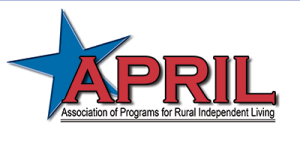
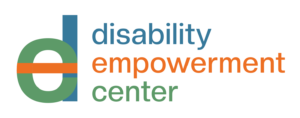
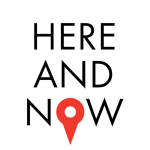
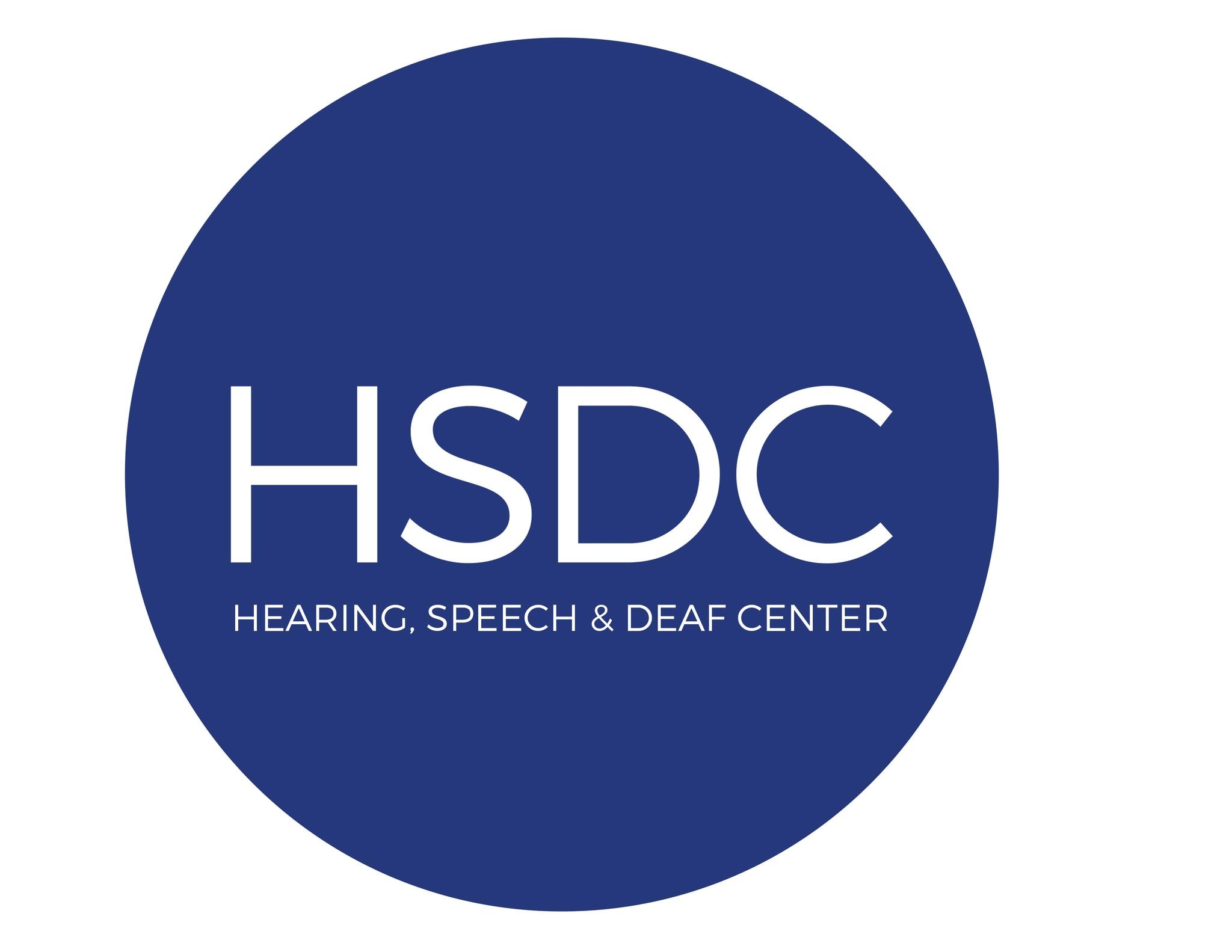

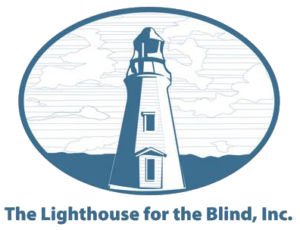

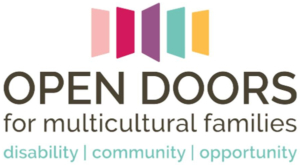

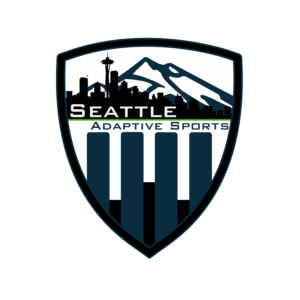
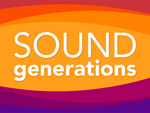



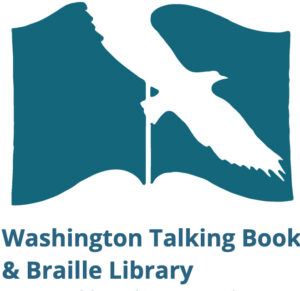



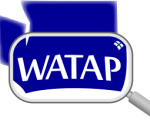
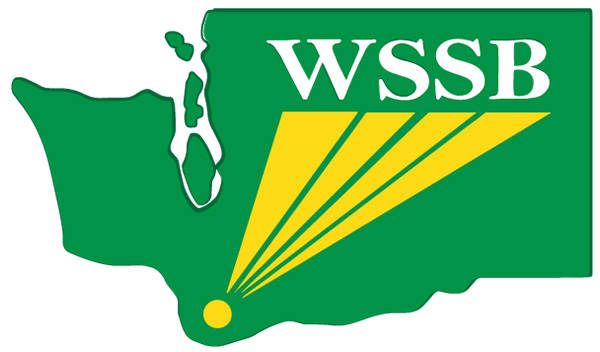



The Here and Now Project
The Here and Now Project connects and empowers the paralysis community in the Pacific NW. A fellowship who encourage and inspire each other to “Do Life” in the here and now.
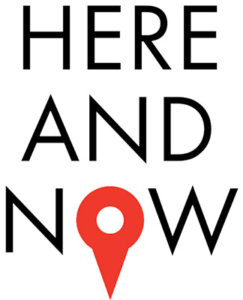
PAVE
PAVE provides support, training, information and resources to empower and give voice to individuals, youth and families impacted by disabilities.

Disability Empowerment Center
The Disability Empowerment Center empowers people with disabilities to improve their lives by providing a friendly and welcoming setting to learn new skills, join a peer support group, get help transitioning into independent living, or find other community-based services.
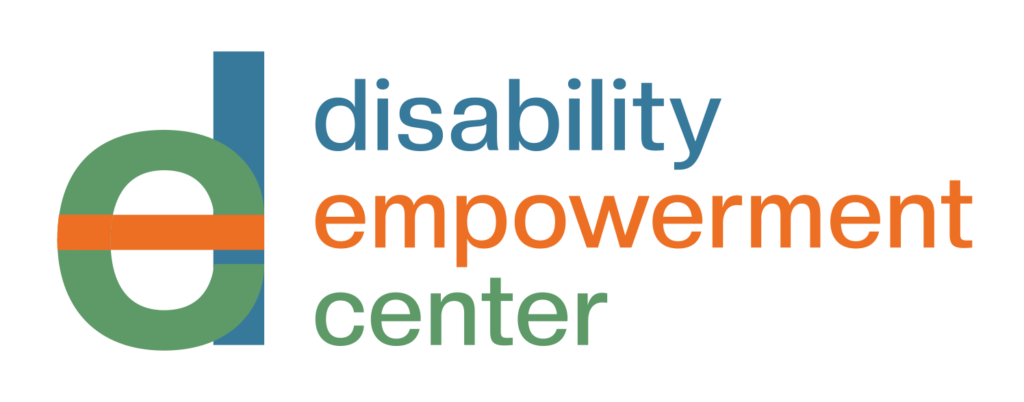
Association of Programs for Rural Independent Living (APRIL)
APRIL is a national grassroots, consumer-controlled, nonprofit membership organization consisting of centers for independent living, their satellites and branch offices, statewide independent living councils, other organizations and individuals concerned with the independent living issues of people with disabilities living in rural America.
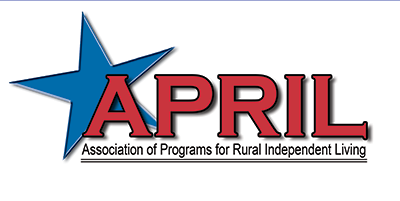
Lighthouse for the Blind, Inc.
The Lighthouse for the Blind, Inc. is a private, not-for-profit social enterprise providing employment, support, and training opportunities for people who are blind, DeafBlind, and blind with other disabilities. The Lighthouse has provided employment and support to people who are blind in our community since 1918.
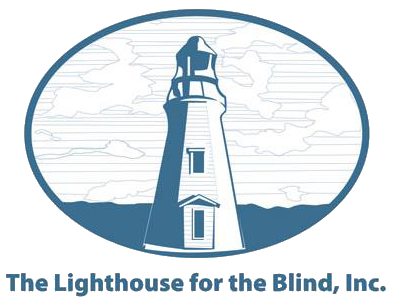
NSITE
NSITE works with employers to identify candidates who are blind, visually impaired, and/or veterans. NSITE assists with accessibility needs, onboarding, and skills training to prepare both parties for success. NSITE also collaborates with thought leaders, technology developers, and research partners to find innovative solutions that enhance the economic and personal independence of people who are blind.

Open Doors for Multicultural Families
Open Doors for Multicultural Families supports and partners with individuals with intellectual and/or developmental disabilities and their families. They serve a diverse range of communities, including immigrants, refugees, people of color, and other individuals who may face barriers in accessing support and resources.
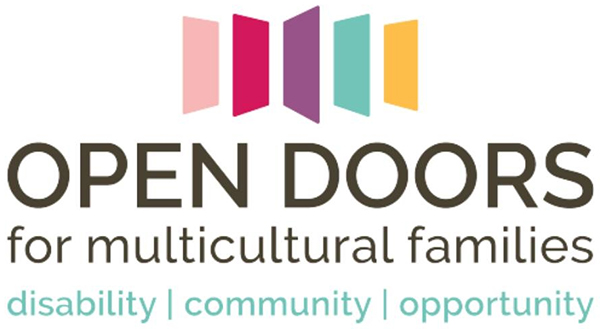
Hearing, Speech & Deaf Center
The Hearing, Speech & Deaf Center offers a comprehensive array of programs that foster effective communication for individuals and families affected by hearing or speech differences.

Washington State Department of Services for the Blind
Washington State Department of Services for the Blind (DSB) provides services for people of all ages who are blind or have low vision in the state of Washington. The agency provides services to more than 2,800 Washington State Residents to help them gain or retain employment.

Seattle Adaptive Sports
Seattle Adaptive Sports builds and supports recreational and nationally competitive teams — a powerful vehicle for personal growth & development for people with disabilities.
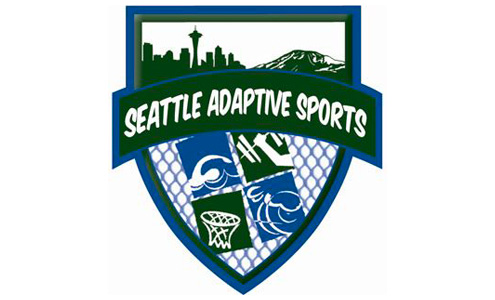
Summit Community Center
Summit Community Center seeks to create a place for young adults with Intellectual and Developmental Disabilities to recreate, socialize, and connect with their community in a supportive environment that facilitates autonomy, independence, and true engagement.

King County Library System
King County Libraries work to make sure that all library services are accessible, including website and apps. They offer assistive technology and reading materials, accessible computing, meeting rooms with Loop systems, and a catalog of closed caption media.

Washington Talking Book & Braille Library
Washington Talking Book & Braille Library (WTBBL) provides library services state-wide, at the library and by mail, to any Washington resident unable to read standard print material due to blindness, visual impairment, DeafBlindness, physical disability, or reading disability.
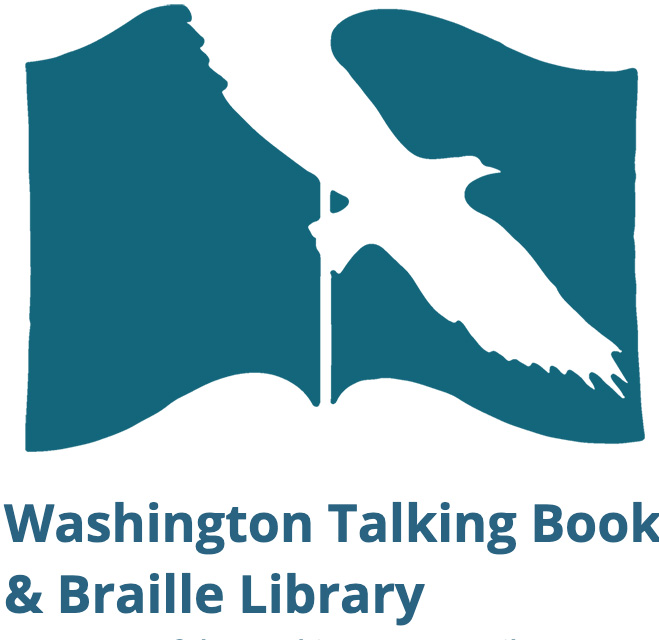
NW Center for Assistive Technology Training
Northwest Center for Assistive Technology Training (CATT) is a collaboration, supported in part by the Washington State School for the Blind, that provides assistive technology training to teachers and caregivers of blind/low vision children, utilizing a “train the trainer” model.

Washington Assistive Technology Act Program
Washington Assistive Technology Act Program (WATAP) helps persons facing challenges related to disability and aging and their family members, caregivers, employers, service provider professionals, educators, and others to select and use assistive technology.
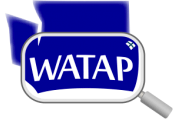
American Parkinson Disease Association – Northwest
The APDA Northwest Chapter supports and empowers people impacted by Parkinson’s disease in Alaska, Idaho, Montana, Oregon, and Washington states. We promote hope and optimism through innovative services, programs, education, and support, while also funding vital research. We are here to help you and your loved ones every step of the way.
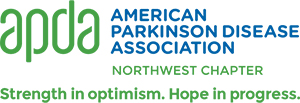
Sound Generations
Sound Generations partners with older adults to provide accessible and inclusive services so they can age their way.

Washington Council of the Blind
Washington Council of the Blind promotes opportunity, equality, and independence in the blind community through education, public awareness, and advocacy.

Community Partners news archive
- Blind and Low Vision Teens Join CREATE through YES2 Summer Internships
- Community Partner Spotlight: Disability Empowerment Center
- Coffee Chat Recaps - Winter 2025
- HuskyADAPT Mini Hackathon: Adaptive Solutions
- Gatzert Child Welfare Fellowship for Reham Abuatiq
- Spring 2024 Research Showcase
- Community Day 2024 Recap
- CREATE AI+Accessibility Hackfest - Winter '24
- Community Partner Spotlight: PAVE
- User-informed, robot-assisted social dining for people with motor impairments
